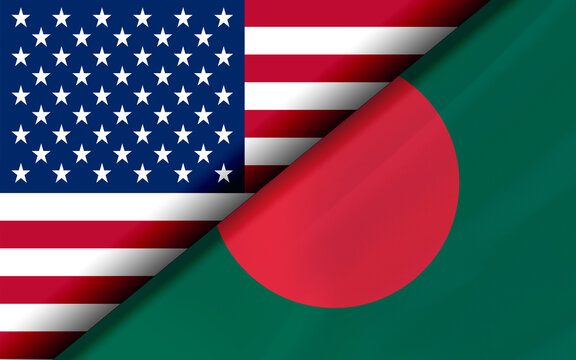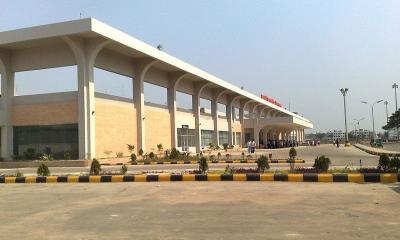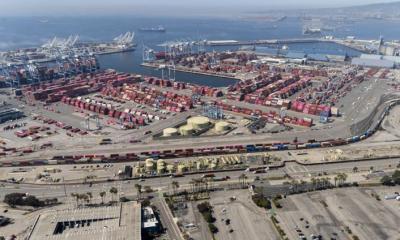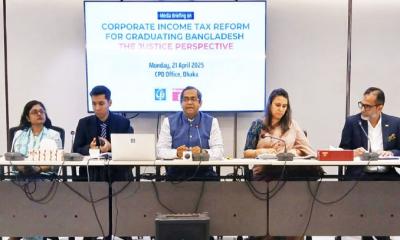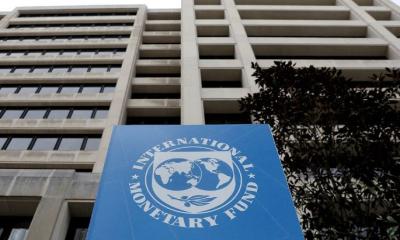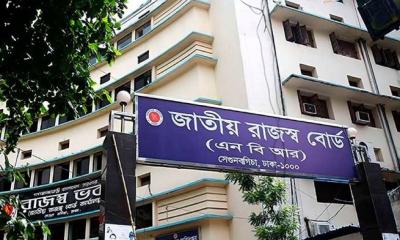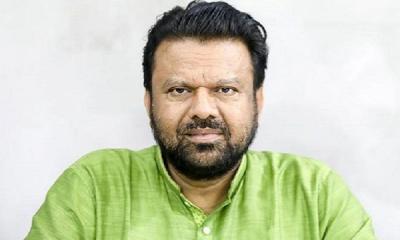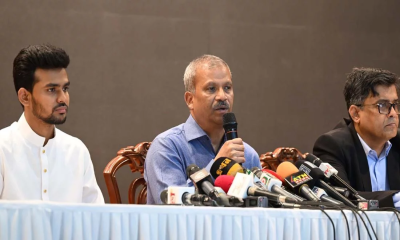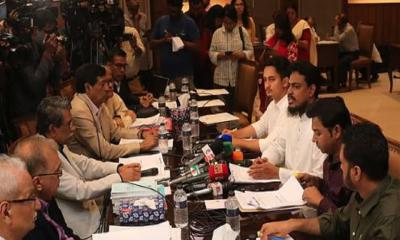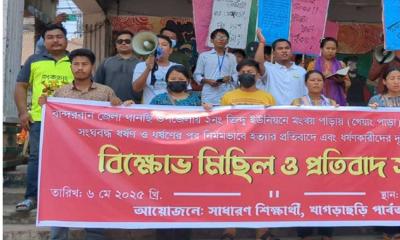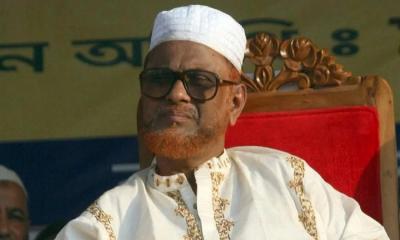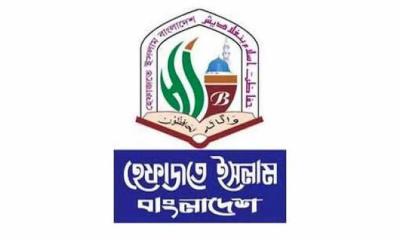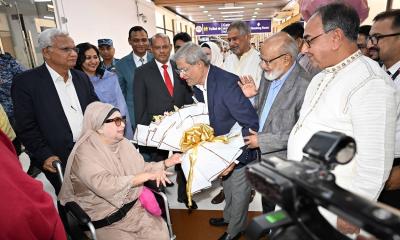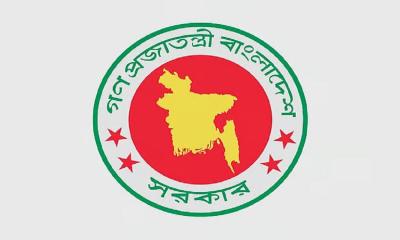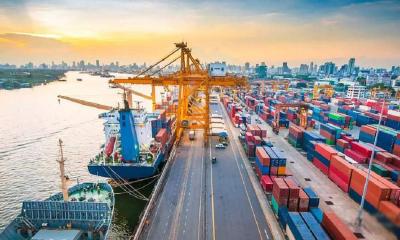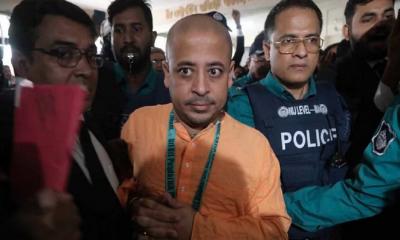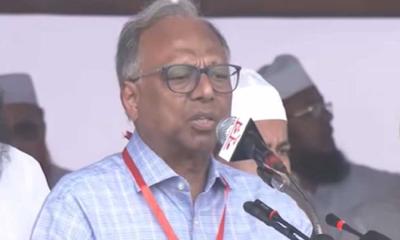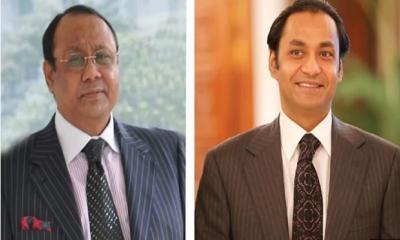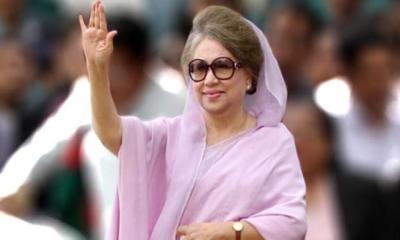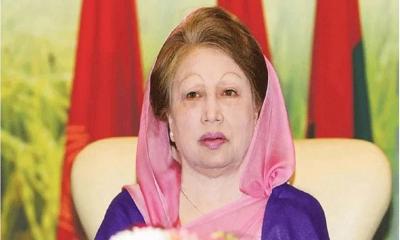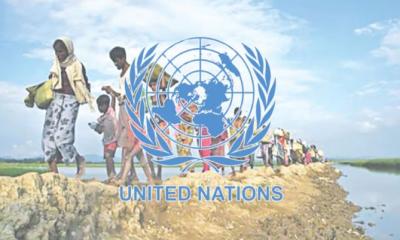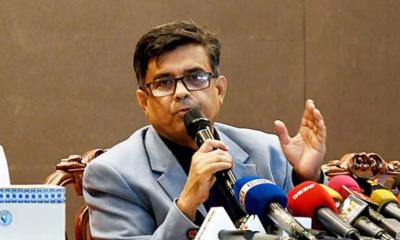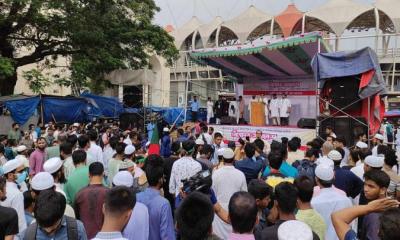In a bid to boost exports to the United States and narrow the bilateral trade gap, Bangladesh has proposed granting duty-free access to an additional 100 US products.
Commerce Adviser Sk Bashir Uddin made the proposal in a letter sent to the Office of the United States Trade Representative (USTR) on Monday, according to sources at the Ministry of Commerce.
This latest proposal follows Bangladesh’s earlier move to unilaterally reduce tariffs to zero on 190 American products — part of its efforts to address the existing trade imbalance. If approved, the new proposal would expand the list of US items enjoying duty-free access in Bangladesh to 290.
The letter pointed out that since the suspension of the US Generalized System of Preferences (GSP) for Bangladesh, the country’s exports to the US have faced an average tariff of 15%, while Bangladesh imposes a much lower average tariff of 6.1% on US imports.
Key US export items to Bangladesh, such as raw cotton and iron scrap, currently face minimal duties of 0% and 1%, respectively.
The US is one of the largest suppliers of cotton to Bangladesh — a critical input for the country’s ready-made garments (RMG) industry, which is the backbone of its export sector. However, the high tariffs on Bangladeshi garment exports have eroded the country’s competitiveness in the US market, the letter said.
Adding to the pressure, US President Donald Trump last week imposed a 37% countervailing duty on Bangladeshi exports, which came into effect on Thursday.
In response, Chief Adviser Dr Muhammad Yunus sent a separate letter to the US president, urging a three-month suspension of the newly imposed tariffs.
In his letter to the USTR, Commerce Adviser Bashir Uddin also referred to the 2013 Bangladesh-US Trade and Investment Cooperation Framework Agreement (TICFA), under which both countries pledged to remove trade and investment barriers. He noted that several rounds of discussions had already been held with the commercial wing of the US embassy in Dhaka.
Bangladesh has also undertaken significant trade policy reforms, including tariff cuts, removal of non-tariff barriers, streamlined customs procedures, and enhanced protection for intellectual property, trademarks, and patents, the letter said.
Additionally, Bashir Uddin highlighted Bangladesh’s ongoing efforts to attract US investment in key sectors such as energy, food and agriculture, healthcare, and services. These initiatives include proposals for long-term LNG supply deals and invitations for US automakers to set up manufacturing plants in Bangladesh.
The adviser expressed hope that such constructive engagement and continued dialogue would strengthen bilateral trade relations and contribute to improving the livelihoods of people in both countries.


